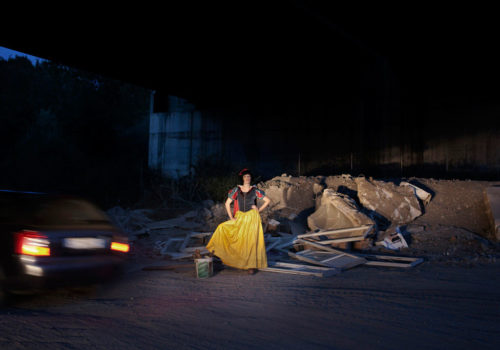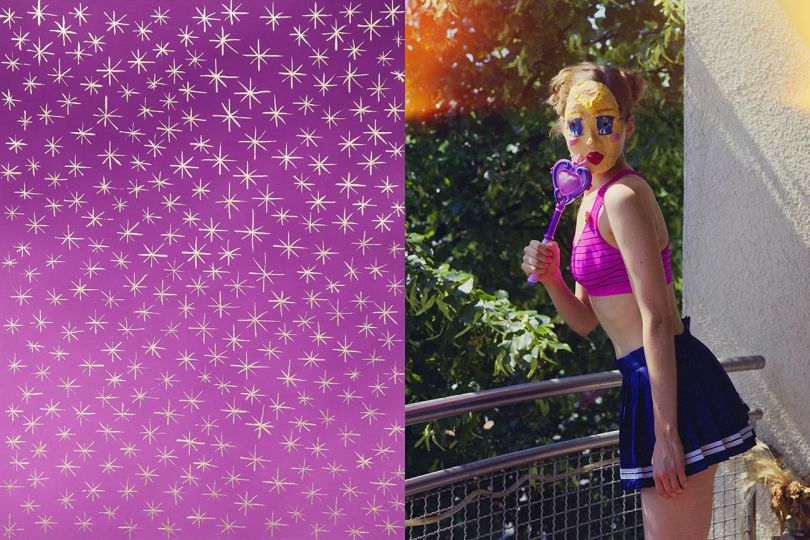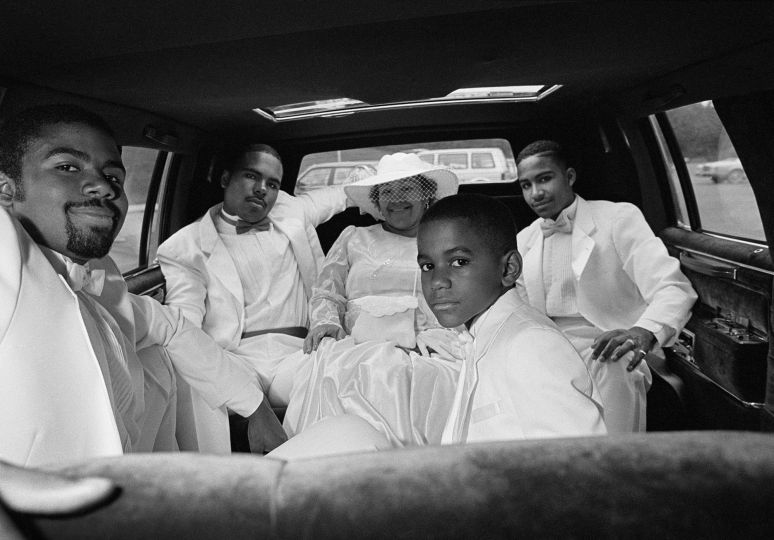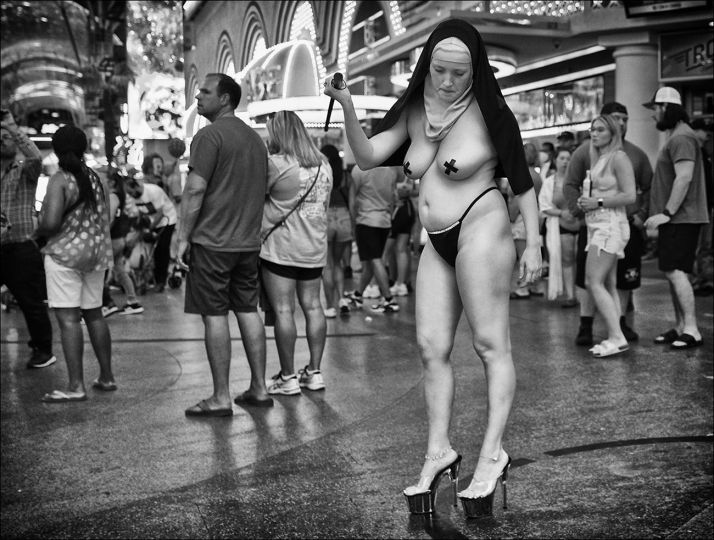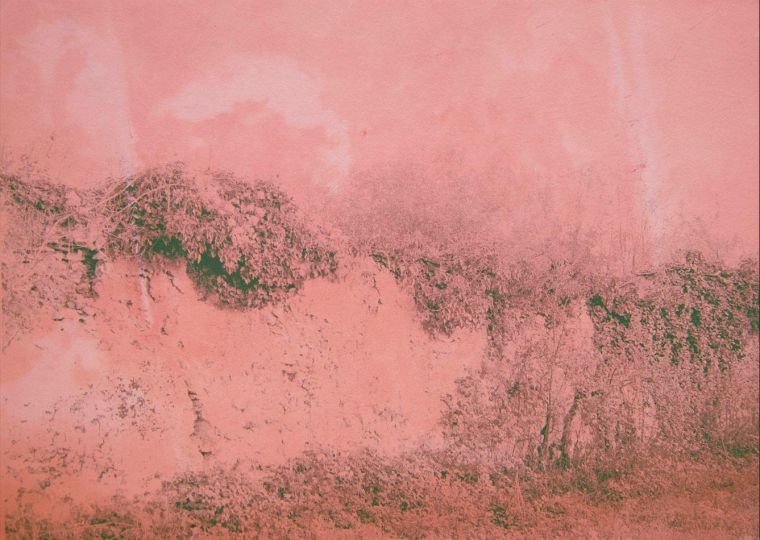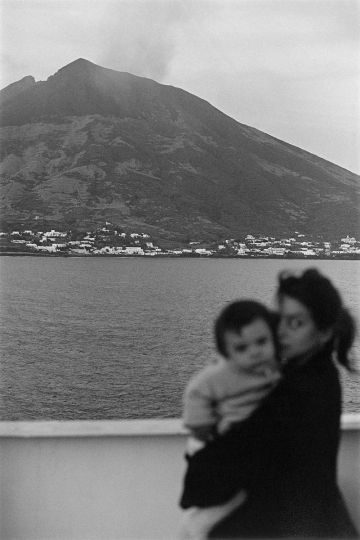I’m Winnie the Pooh
Benjamin Béchet / Odessa
Through an ironic manipulation of identity, Je suis Winnie l’Ourson (I’m Winnie the Pooh) seeks to arouse some thought on the stigmatisation of the Other by presenting the fears that surround it. Rome, the birthplace of the project, is a breeding ground of micro-identitarisms and the scene of a wave of intolerance against part of the population that incarnates feared and refused otherness. “Without papers”, clandestine workers, dropouts… Upon their complex identities we stick a label that simplifies and denigrates. Under their skin, we have placed well-known icons from the globalised world.
We decided upon a production with actors, our aim being to question the way we perceive the Other and not to document his or her condition. It is important to remember that someone is never what we see but someone far more complex, that each identity is partial, that we are all One, No one and One Hundred Thousand1.
Identity is fluid, multiple and contextual, its construction is historic and cultural. We all possess several identities. But above all, our identity is rational: the construction of Us goes through the definition of the Other. Populist rhetoric comes out of the drawer of old territorial ideals and exploits this concept by giving it an ever larger place in political discourse. In the hands of political ambitions, identities become rigid in the form of political or territorial fanaticism. And when the other is living on the margins of society or precarious, the consequences are exclusion and violence.
1 523 signes
Federica Romanò
1 Luigi Pirandello

